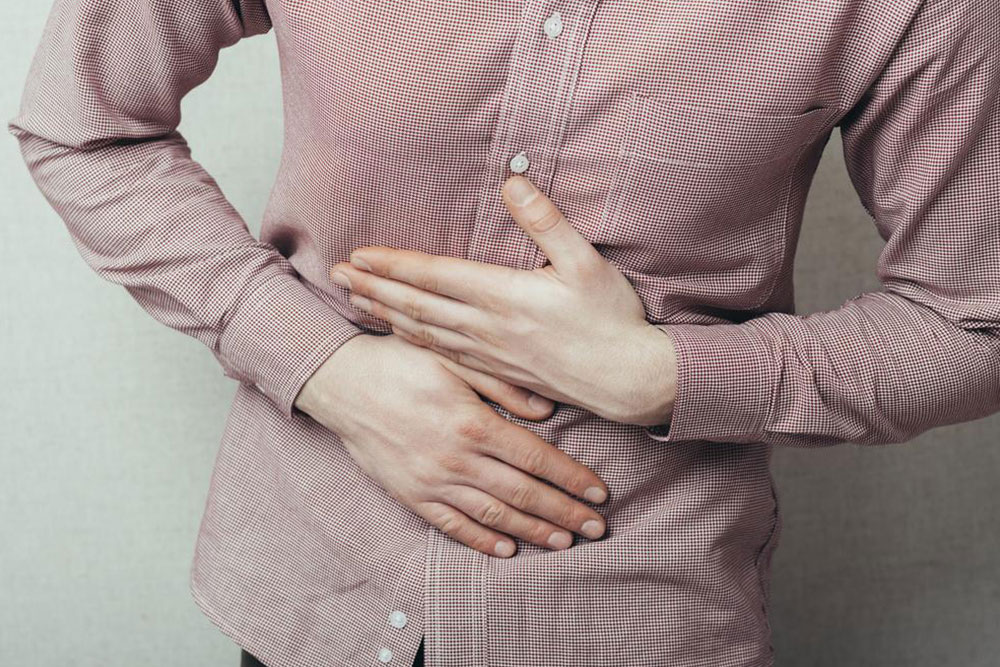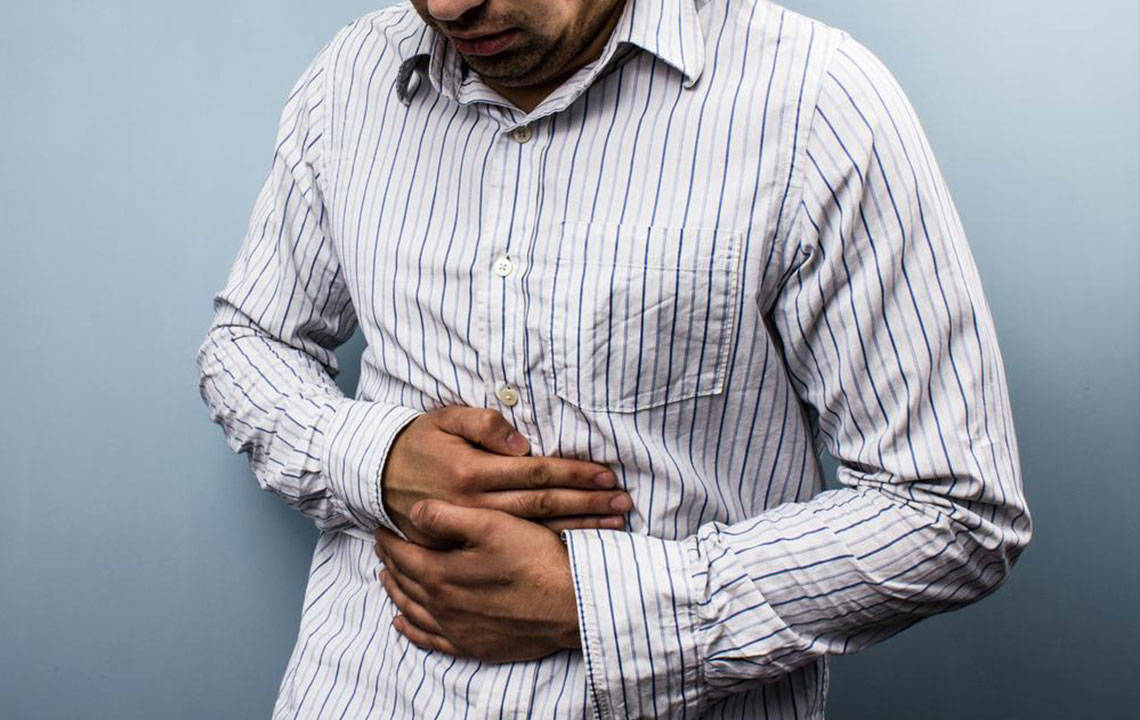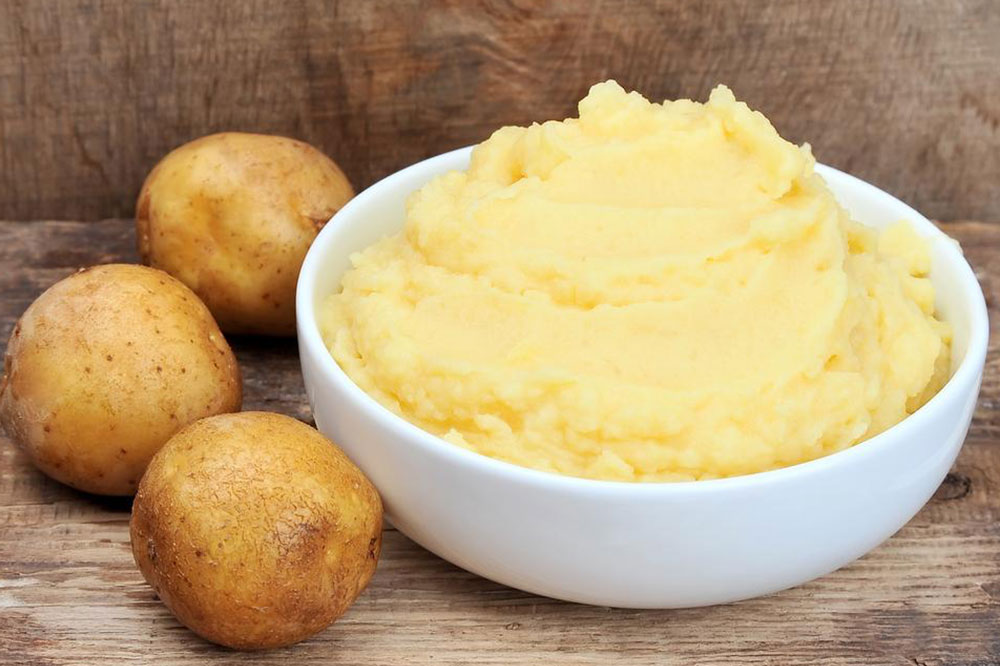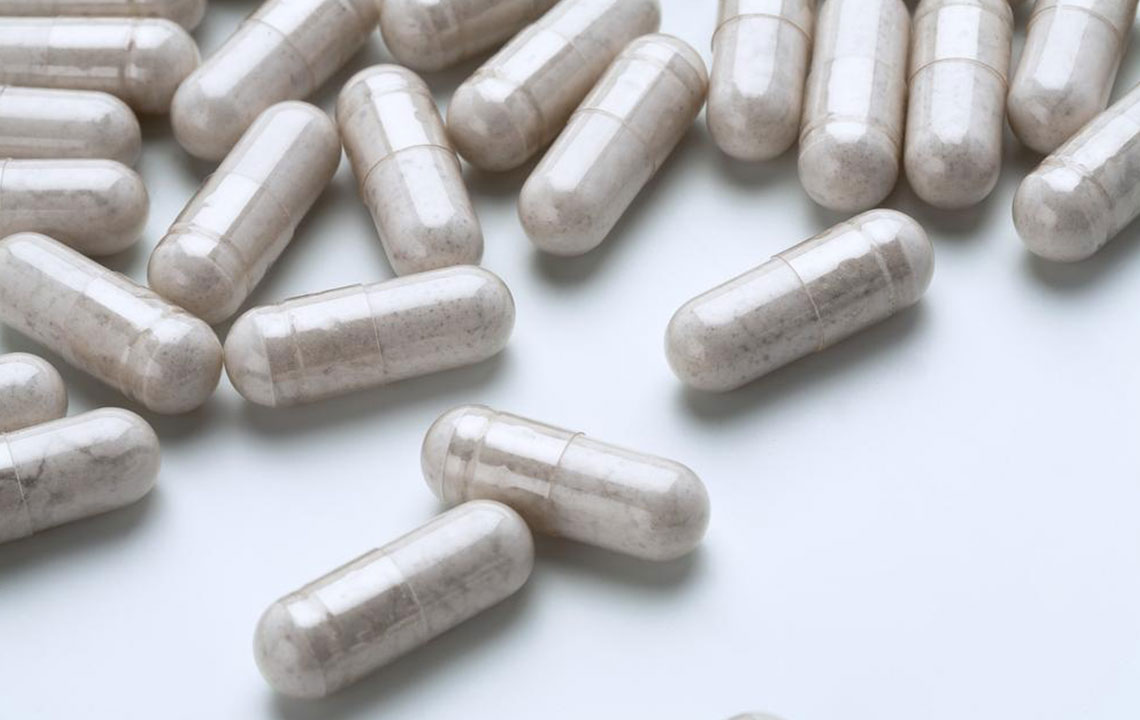Post-Gallbladder Surgery Nutrition Guide
Learn essential dietary guidelines after gallbladder removal surgery. This comprehensive guide covers initial recovery foods, foods to avoid, and tips for gradually reintroducing fiber-rich options, ensuring a smooth and healthy recovery process tailored to individual needs.
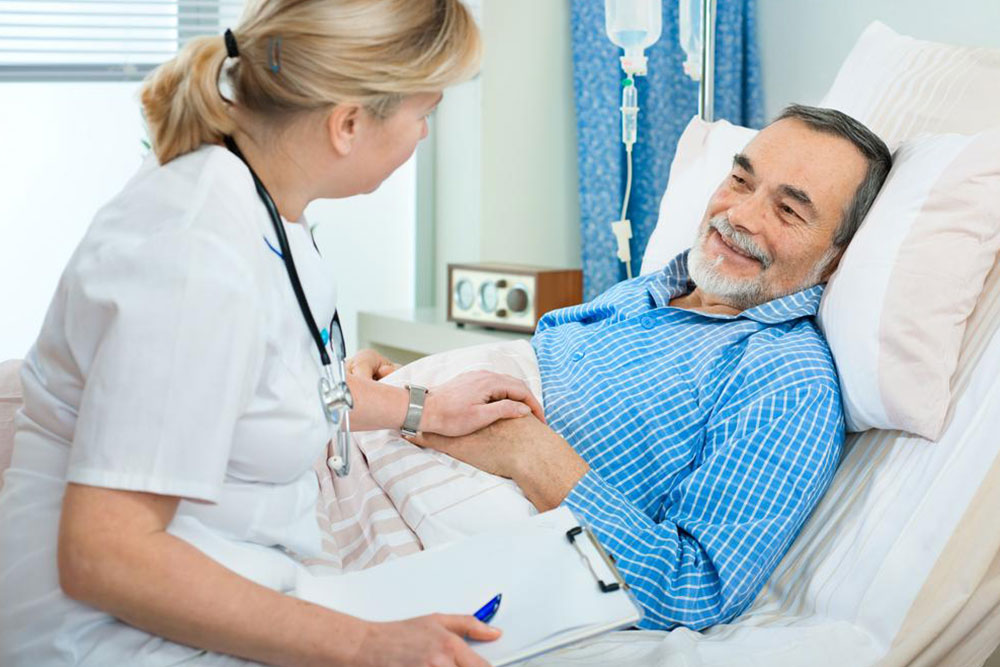
Post-Gallbladder Surgery Nutrition Tips
If you've recently undergone gallbladder removal or are preparing for the procedure, understanding how it impacts your diet is essential. The surgery, known medically as laparoscopic cholecystectomy, is a common and effective solution for gallstones causing pain.
When gallstones lead to symptoms, removing the gallbladder is often advised. Post-surgery, maintaining a gentle, easily digestible diet helps ensure smooth recovery without disruptions to daily life.
Initially, there’s no strict diet plan, but gradual dietary adjustments are crucial as you recover.
In the initial days following surgery, stick to clear liquids, broths, and gelatin. Avoid fried, greasy, aromatic, and gas-producing foods. Opt for small, frequent meals rather than heavy ones.
Follow a low-fat diet, aiming for fat calories to be no more than 30%. Always read food labels carefully to monitor fat content.
If uncertain about specific foods, consult your healthcare provider before eating. Restrictions typically include high-fat options like French fries, potato chips, processed meats, high-fat dairy products, creamy soups, butter, certain oils, fried chicken or turkey skin, spicy dishes, and chocolate.
After a few weeks, you can gradually incorporate high-fiber foods such as whole grains, nuts, seeds, and vegetables like broccoli and cabbage, as tolerated.
Initially, focus on gentle foods like applesauce, bananas, clear broth, crackers, eggs, lean meats, rice, and watery soups. Include lean proteins and healthy fats as part of your diet.
Remember, individual responses vary; monitor any discomfort and inform your doctor to tailor your diet appropriately.
Note:
Our blog provides valuable, research-based information across various health topics. However, content should not replace professional medical advice. Always consult healthcare professionals for personalized guidance. We are not responsible for data inaccuracies or differences across platforms, and some offers or schemes might not be covered here.

